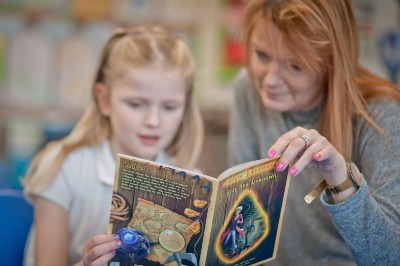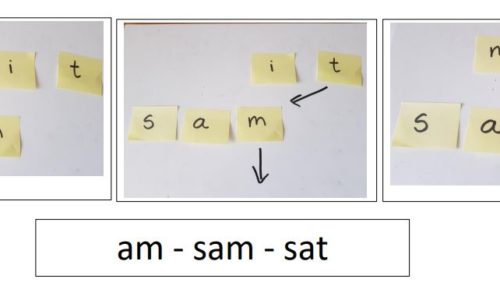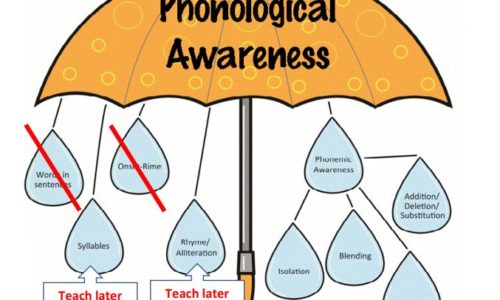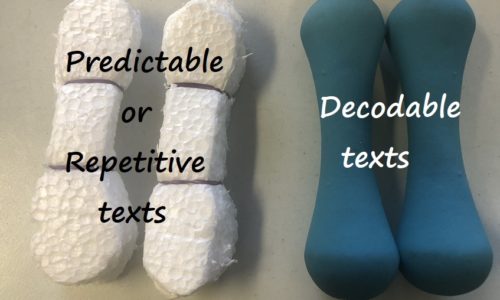
Scaffolding the teaching of multisyllabic words – simple to complex Many teachers are focused on teaching children how to sound out graphemes (spellings) and to blend sounds together into words. They will even be teaching children how to manipulate phonemes in phonemic awareness activities. These are all essential underlying skills necessary for learning to read. […]
Read More








